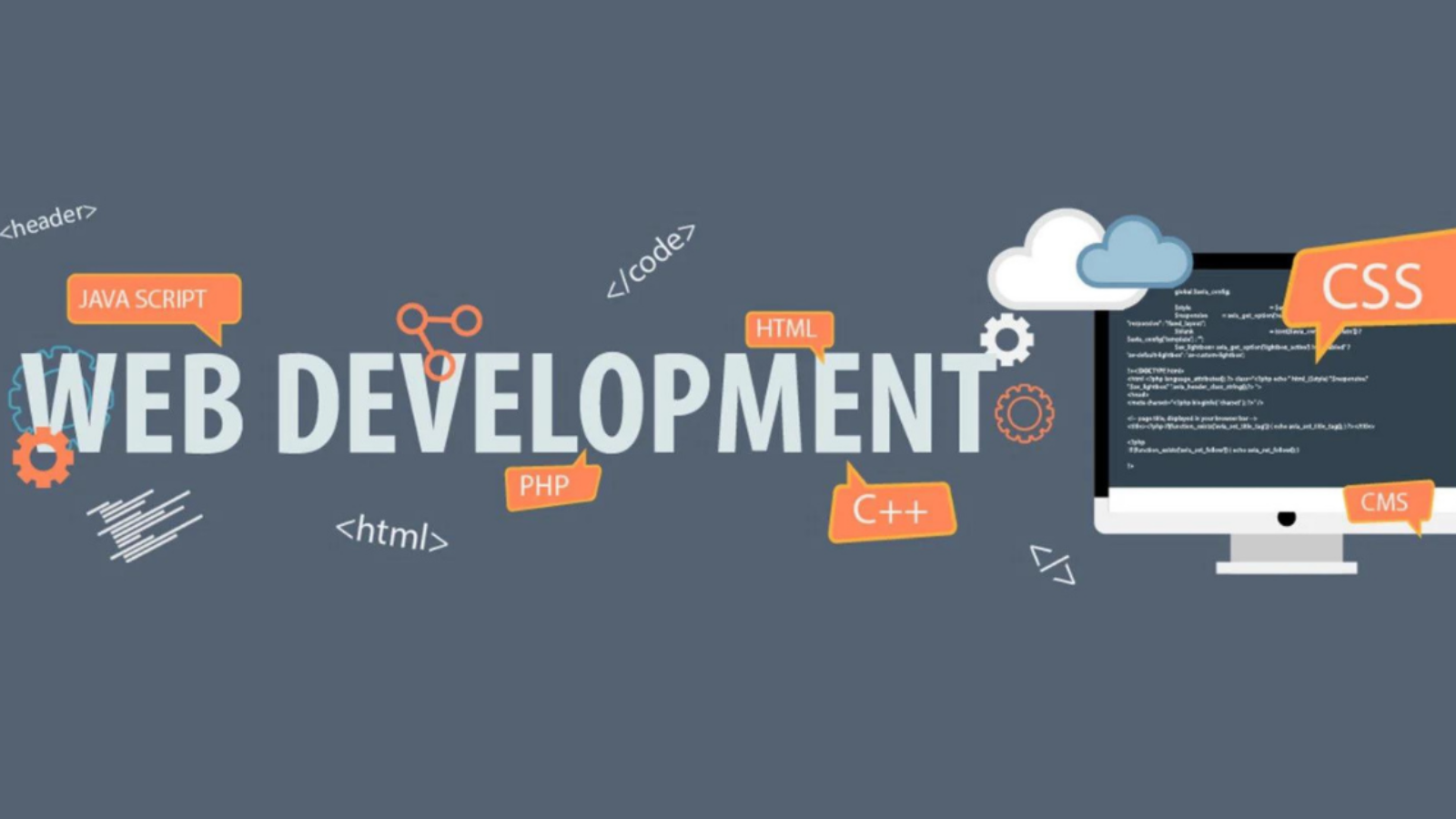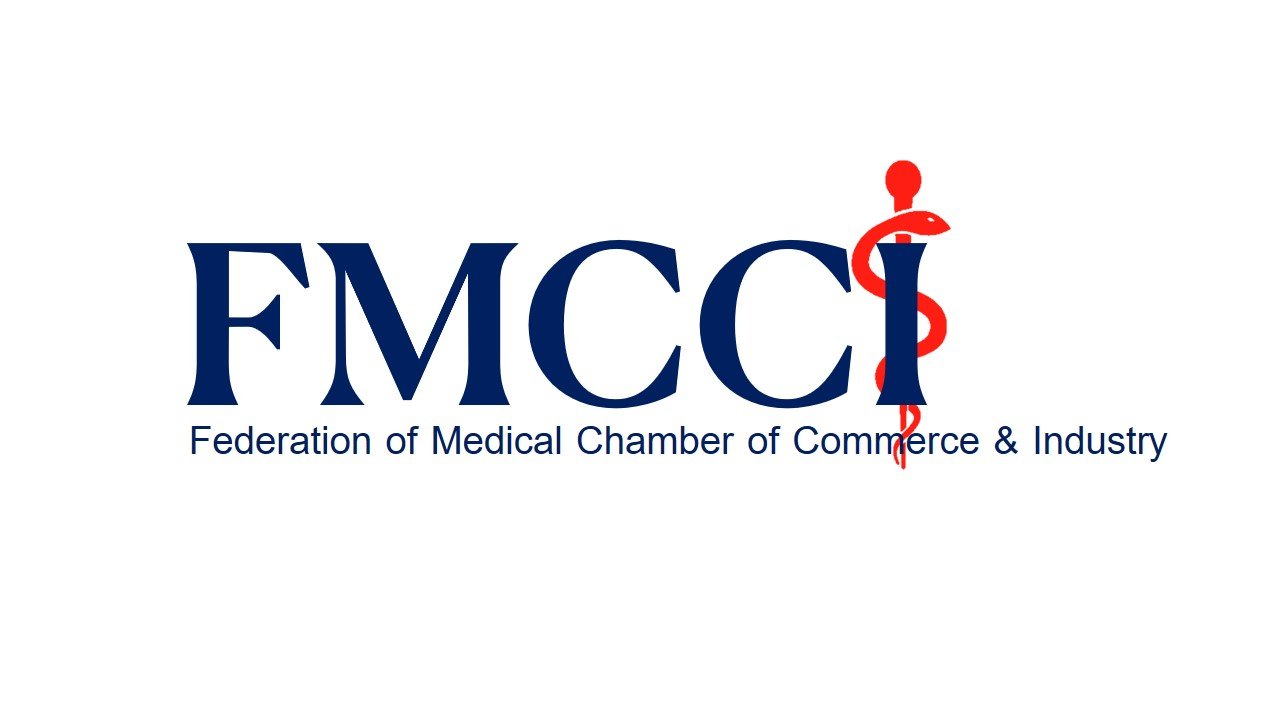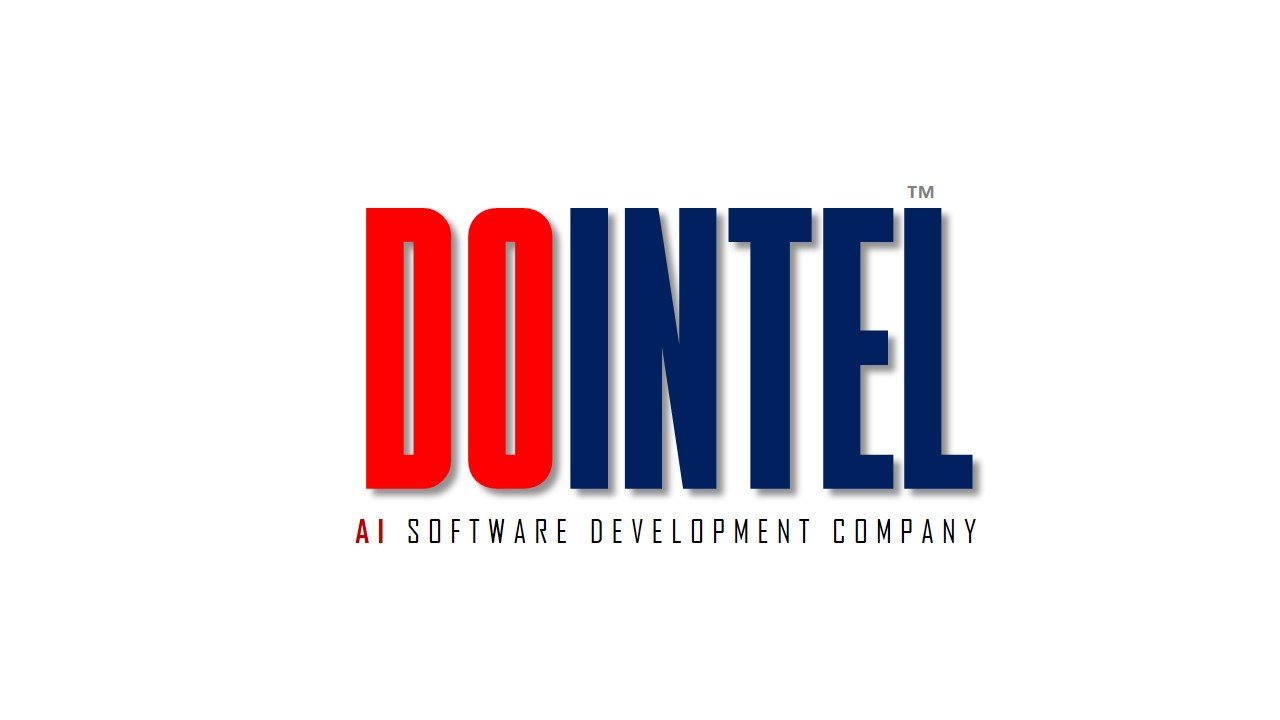In today’s digital landscape, web development skills have become invaluable. Businesses and organizations worldwide seek skilled web developers to create, maintain, and improve their online presence. For budding developers, internships in web development are an ideal opportunity to gain hands-on experience, hone skills, and understand the industry’s demands. A well-structured web development internship can be the bridge between academic learning and a rewarding career.
This article will delve into the essence of web development internships, exploring their structure, benefits, and ways to maximize your experience. Additionally, it will answer three common questions about these internships, helping prospective candidates gain insight into what to expect.
Why Are Web Development Internships Important?
Web development is a vast field encompassing multiple disciplines: front-end development, back-end development, full-stack development, and specialized areas such as e-commerce, mobile app development, and content management systems. For students and newcomers, understanding these areas can be overwhelming. Internships help bridge this gap by providing direct, real-world experience in actual projects.
Through an internship, aspiring developers learn about:
- Coding Standards and Best Practices: Interns become familiar with industry-standard coding practices and guidelines, which are essential for writing clean, efficient code.
- Project Management: Most web development internships expose interns to popular project management methods, such as Agile and Scrum, which are integral to the industry.
- Communication Skills: Web development is rarely a solo endeavor. Internships offer the chance to develop communication skills while working with a team.
- Exposure to Real-World Projects: Internships often involve contributing to live projects, giving interns experience they can showcase in their portfolios.
Types of Web Development Internships
Web development internships come in several forms. Understanding these can help students and newcomers choose the right path based on their interests and career goals.
1. Front-End Development Internships
Front-end development focuses on what users see and interact with on a website. Interns in this role typically work with HTML, CSS, JavaScript, and frameworks like React or Vue.js. They create user interfaces, work on responsive design, and ensure compatibility across different browsers and devices.
2. Back-End Development Internships
Back-end development is all about the server side of a website. Back-end interns work with databases, servers, and applications. They often use programming languages like Python, Java, or PHP and frameworks like Django, Flask, and Node.js. These internships are ideal for those interested in data management, server configuration, and ensuring seamless connectivity between the server and front end.
3. Full-Stack Development Internships
Full-stack development interns gain experience in both front-end and back-end development, providing a comprehensive understanding of how websites operate. These internships are ideal for those who want a complete perspective on web development and enjoy tackling a diverse range of coding tasks.
4. Specialized Web Development Internships
In addition to the standard roles, there are specialized internships that focus on areas like e-commerce development, content management systems (such as WordPress), and mobile-friendly development. These roles allow interns to focus on a specific niche within web development.
Benefits of Web Development Internships
Web development internships offer a unique opportunity for career growth, skill development, and networking. Here are some of the key benefits:
1. Building a Strong Portfolio
Interns often work on projects they can add to their portfolios, such as landing pages, simple web applications, or components of larger projects. A solid portfolio demonstrates an intern’s abilities to prospective employers, helping them stand out in a competitive job market.
2. Learning From Professionals
One of the greatest benefits of an internship is the chance to work alongside experienced developers. Interns can observe the workflows, debugging techniques, and problem-solving approaches of professional developers, which are invaluable for personal growth.
3. Access to Cutting-Edge Tools and Technologies
Most companies use advanced tools and technologies that may not be covered in a traditional classroom setting. Internships provide exposure to these tools, including version control systems like Git, collaborative platforms like GitHub, and integrated development environments (IDEs) like Visual Studio Code.
4. Networking Opportunities
Internships help interns build a professional network within the industry. Connections made during an internship, whether with mentors or fellow interns, can prove beneficial when looking for job opportunities.
5. Improved Problem-Solving Abilities
Web development often involves troubleshooting and debugging. Working on real projects helps interns develop analytical and problem-solving skills that are essential for success in the field.
How to Succeed in a Web Development Internship
1. Be Open to Learning
Approach your internship with an open mind and a willingness to learn. Web development evolves rapidly, and continuous learning is part of the journey. Stay curious and ask questions whenever you encounter something unfamiliar.
2. Embrace Feedback
Feedback from senior developers and mentors is invaluable. Listen carefully to their advice, understand your mistakes, and work on improving. Constructive criticism is a great way to sharpen your skills.
3. Document Your Work
Maintain clear records of your contributions, challenges faced, and solutions found. This documentation will not only help you review your work but can also be useful when preparing your portfolio or explaining your experience in future interviews.
4. Engage in Side Projects
During your internship, if time permits, try working on side projects that align with the work you are doing. For example, if you’re interning in front-end development, build a few personal projects that showcase your skills with different frameworks or design principles.
5. Focus on Networking
Build connections with colleagues, mentors, and even other interns. Follow up on LinkedIn and keep in touch after your internship ends. Networking can open doors to job opportunities and provide valuable advice and support.
Challenges Faced During Web Development Internships
1. Handling Multiple Tasks
In web development, juggling various tasks such as debugging, feature development, and collaborating on code can be challenging. Interns should develop time-management skills and prioritize their tasks.
2. Dealing With New Technologies
Technology in web development changes frequently. While exciting, this can be overwhelming for interns. The key is to embrace a learning mindset and focus on one tool or technology at a time.
3. Communicating Technical Issues
Communicating technical issues to non-developers can be difficult, especially in a team setting where not everyone may understand coding. Interns should work on explaining technical terms in simple language, a valuable skill for future interactions with clients or non-technical colleagues.
Tips for Securing a Web Development Internship
1. Build a Personal Portfolio
Your portfolio is a visual resume that showcases your work and abilities. Create a personal website where you can display projects, explain your coding approach, and even include testimonials if possible.
2. Optimize Your LinkedIn Profile
Recruiters and hiring managers often search LinkedIn profiles for potential candidates. Include keywords relevant to web development, highlight your skills, and showcase projects in your profile.
3. Leverage Coding Platforms
Sites like GitHub, CodePen, and Behance (for UI/UX work) are great for showcasing your skills. Contribute to open-source projects, create your own repositories, or demonstrate innovative solutions to coding challenges.
4. Take Online Courses and Certifications
Online platforms offer courses and certifications that can set you apart. A certification in a popular web development framework or tool, such as React, Angular, or Node.js, can add value to your resume.
5. Prepare for Technical Interviews
Most web development internships require technical interviews or coding assessments. Practice common interview questions, review data structures, and brush up on algorithms to be prepared.
FAQs on Web Development Internships
1. What skills do I need for a web development internship?
To secure a web development internship, you should have a fundamental understanding of HTML, CSS, and JavaScript. Knowledge of frameworks like React, Angular, or Vue.js is often helpful for front-end roles, while back-end roles may require familiarity with Node.js, Python, or PHP. Additionally, an understanding of version control systems like Git, along with problem-solving abilities and effective communication skills, will make you a more competitive candidate.
2. How can I make the most out of my web development internship?
To maximize your internship experience, focus on learning as much as possible. Seek feedback, engage with colleagues, and work on both assigned tasks and side projects that align with your internship’s scope. Keeping a record of your work and accomplishments can help build a strong portfolio, and networking with team members can open doors for future opportunities.
3. Are web development internships paid?
The availability of paid web development internships varies by company and location. In some regions and organizations, paid internships are more common, while in others, internships may be unpaid or offer a stipend. Researching the company and location can give you a better idea of the compensation structure, and always be sure to clarify compensation details during the interview process.
Conclusion
Web development internships are a valuable step for those looking to enter the tech industry. They offer practical experience, exposure to real-world projects, and the chance to learn directly from professionals. By embracing learning, building a portfolio, and networking effectively, interns can set themselves up for a promising career in web development. With the demand for skilled web developers on the rise, the experience gained during an internship can be the foundation for a successful and fulfilling career.








Add a Comment